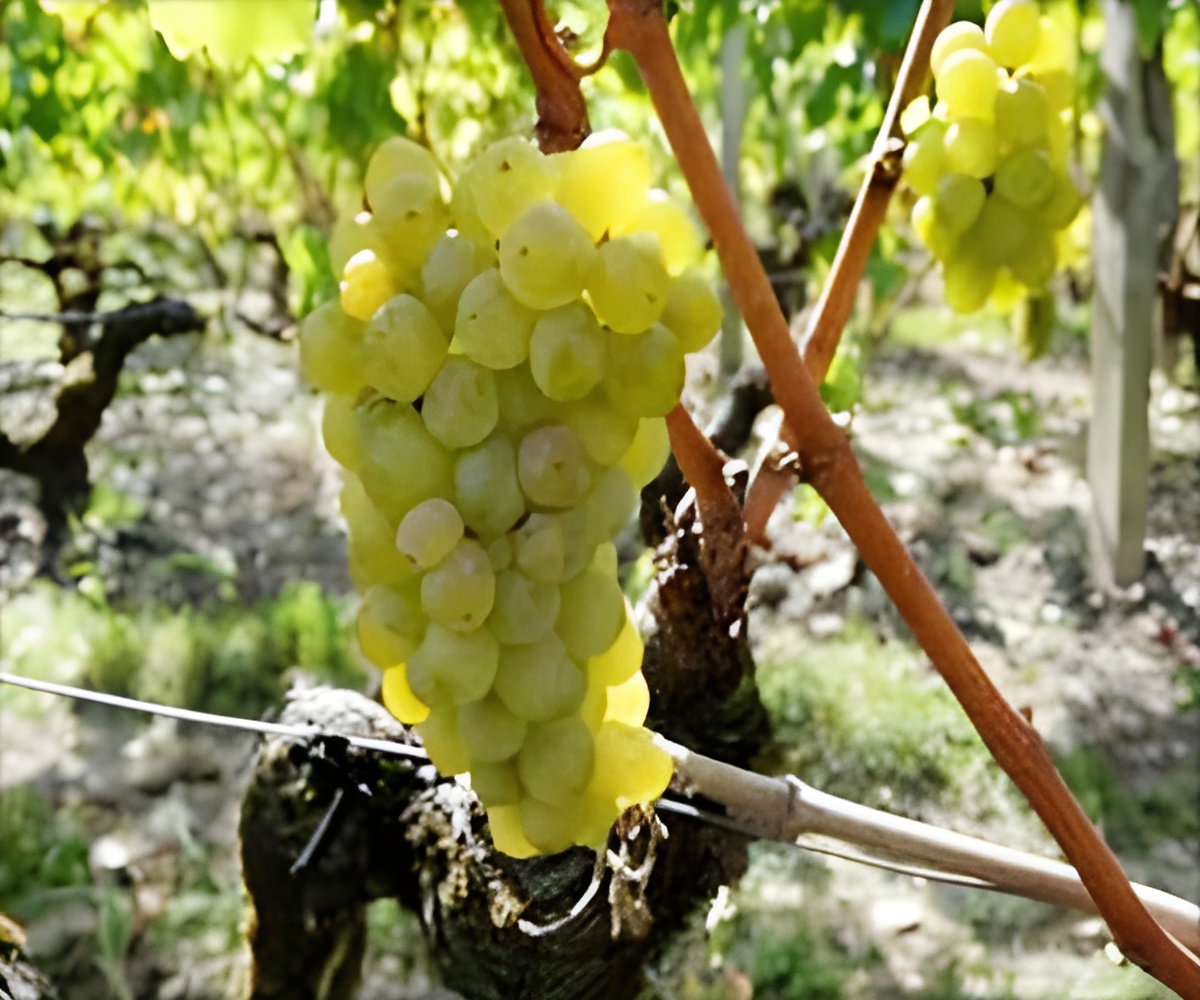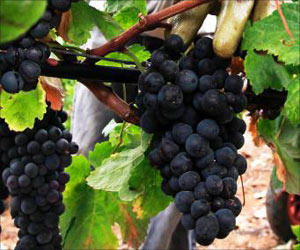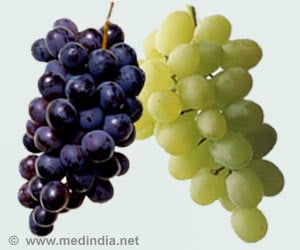People may have been eating grapes as many as 15,000 years before they domesticated the fruit as an agricultural crop.

‘Grapes have been reproduced by clonal propagation for centuries, as it allows genetically identical cabernet sauvignon or chardonnay varieties, for example, to be grown around the globe.’





"Like most plants, grapes are typically considered to have been cultivated around 7,000 to 10,000 years ago, but our work suggests that human involvement with grapes may precede these dates," said Brandon Gaut, evolutionary biologist and Professor at the University of California - Irvine. "The data indicate that humans gathered grapes in the wild for centuries before cultivating them. If we are right, it adds to a small but growing set of examples that humans had big effects on ecosystems prior to the onset of organised agriculture," he said.
For the study, appearing in the Proceedings of the National Academies of Sciences, the team compared the sequenced genomes of wild and domesticated Eurasian grapes.
The scientists found that populations of the fruit steadily decreased until the period of domestication, when grapes began to be grown and harvested for wine.
The long decline could reflect unknown natural processes, or it may mean that humans began managing natural populations long before they were actually domesticated, the researchers said.
Advertisement
These changes helped define grapes and probably contributed to the spreading of the crop throughout the ancient world, Gaut noted.
Advertisement
These accumulate due to clonal propagation, which is reproduction by multiplication of genetically identical copies of individual plants, the researchers said.
Source-IANS









